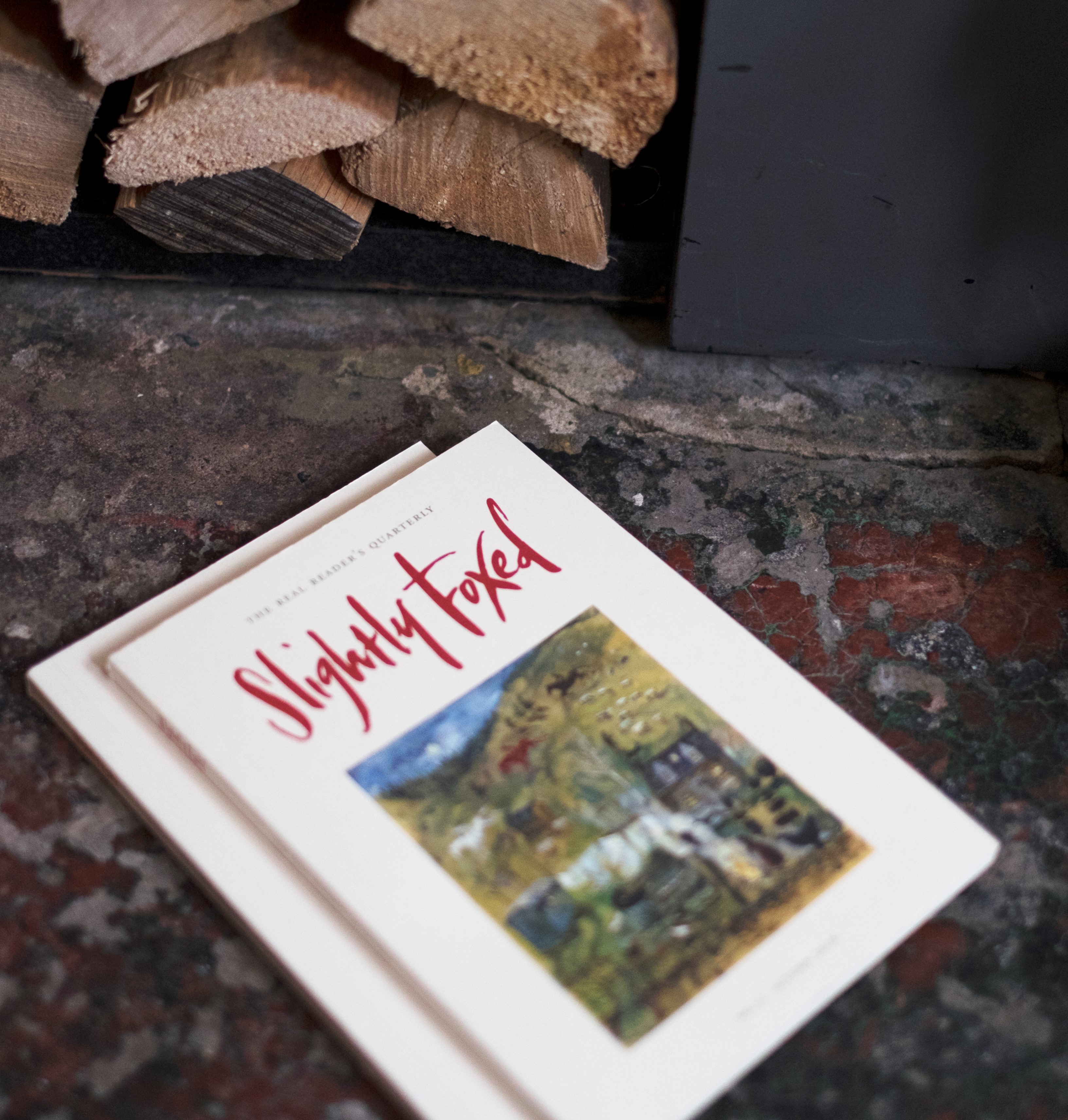
[Meta] Warning: The angle of this article will be angles
As journalists, we constantly strive for angles through which to present our stories in the snappiest way possible.
Years of schooling in the art of English literature (“I’m interested in your use of the word “understand” – can we unpick that a little?”) is swept swiftly aside in favour of streamlined packages of information delivered from a fixed viewpoint.
But what happens when you slow down, ruminate, and produce articles that aren’t angle-driven?
Slightly Foxed: The Real Reader’s Quarterly has been around for 13 years and its articles do not have a definite angle. The purpose of the literary magazine is to provide readers with engaging introductions to pieces of literature. Many of the books written about were published years ago and didn’t get much coverage at the time – in fact, the magazine’s ingenuous name is a phrase used to describe old books whose pages are bespeckled.
Gail Pirkis established Slightly Foxed with co-editor, Hazel Wood, after the family-owned publishing house they were working at was swallowed up by a much bigger company. It was the time of celebrity biographies. Lots of celebrity biographies – and nothing much else. Pirkis and Wood craved something more meaningful.
Pirkis explains: “We don’t have an angle really, other than a sort of broad tolerance. We don’t decide which books should be written about exclusively. If people can make a convincing case for a book, even if it’s not a book we’d want to read ourselves, then that’s good enough for us.”
To be fair, times have changed since the 1990s. No one much cares about Geri Halliwell’s daily routine anymore. Recently, there’s been an upsurge of interest in getting back to the refined things: eBook sales are plummeting in favour of tangible, well-made editions and cosy vintage coffee shops are replacing gritty nightclubs. Yet, in this world saturated by ever-replenishing data, there’s still an obsession with the new and the definitive. Pirkis says: “Reviews in the newspapers are essentially their judgements. We wanted really to write about books that people felt were worth reading – so, not to stand back and make judgement, but to say ‘I love this book and it means a lot to me because…’”.
Slightly Foxed contributors range from authors, to journalists, to small-town Canadian librarians. The articles are unified solely by each contributor’s love for the work they’re writing about and their talent at writing itself. Pirkis explains: “If you’ve been a publisher for a long time, you recognise good writing when you see it – it’s not pretentious, it’s not full of abstract concepts and nouns, it’s speaking from the heart, it’s writing that’s clearly been thought about.”
Pirkis notes that journalists who have contributed to Slightly Foxed “enjoy it, because they’re writing about something they love for a change, and there’s not this obsession with being topical for a magazine”. At the same time, novelists writing for the publication “are fascinating because you see the way they analyse the book and realise just how much thought they’ve put into their own work. They bring out things you may never have noticed and you read and think ‘Gosh, yes!’”.
Slightly Foxed remains a resiliently personal operation, but the magazine is quietly growing in strength. What started off as a publication for 600 subscribers is now a magazine for 7,500 subscribers. Editions come out once a season and are priced at £11 without a subscription.
Is the broader Slightly Foxed way, then, the winning formula for magazines, given that they don’t usually cover hard-hitting news? Not necessarily. Pirkis says: “I think there’s room for both. The more variety the better.” However, she admits that while people drop in and out of different magazines throughout the stages of their life, Slightly Foxed subscribers “are very loyal, and they do collect the magazines”.



















One thought on “Got an angle for that? Slightly Foxed on their literary approach to journalism”
Comments are closed.